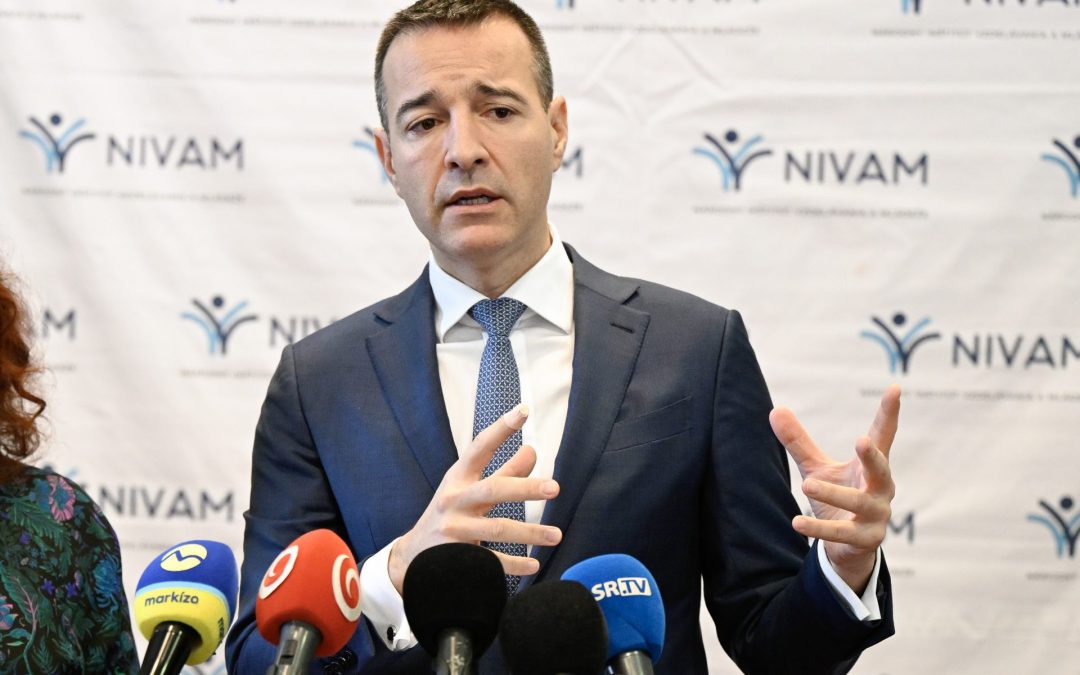“`html
Brussels – The use of mobile phones by students in schools will not be regulated at the EU level, but countries can help and advise each other. This was stated by the Minister of Education Tomáš Drucker (Hlas-SD) after Monday’s meeting of the EU Council for Education, Youth, Culture and Sports in Brussels, reports TASR correspondent.
The Hungarian presidency in the EU Council included several topics on the agenda, including the so-called European diploma. Drucker emphasized that Slovakia supports student mobility through programs like Erasmus+, but the new proposal concerns a potential agreement of a group of European schools on issuing a joint diploma.
“The idea is good, but some countries are concerned that if a group of countries agrees and some remain outside, it could worsen the quality of our universities and (cause) a brain drain and young people moving to other schools abroad. This topic will be further addressed,” Drucker explained.
The use of mobile phones in schools was also a topic. Drucker stated that member countries see that their use, especially in primary schools, creates problems with students’ concentration and performance. Some states, including Slovakia, have already introduced bans on their use, in Hungary this applies even up to the final years of high school.
“The discussion is informal and based on data. Probably no country would accept that we also let this matter be regulated. But the Union is a good platform for us to exchange experiences, data, and information, discuss and inspire each other,” he added.
OECD data, according to him, indicated that the strongest motive for banning mobile phones in schools is the loss of children’s concentration or the weakening of social interactions during breaks. The data also confirmed better performance of children in schools where mobile phones were not used.
The minister also opened the topic of artificial intelligence, which represents challenges in terms of competitiveness. He warned that this area is starting to “escape” Europeans compared to other players in the world.
“We should start behaving like leaders and act in the area of supporting artificial intelligence and its use in education,” he said.
He mentioned that Slovakia, in cooperation with the OECD, will prepare a major educational forum on the topic of artificial intelligence in education in November 2025 and also a summit, which should be attended by the UN Secretary-General, the President of the European Commission, and politicians along with tech leaders.
Drucker used his stay in Brussels for bilateral negotiations with his counterparts from Estonia and France, focusing their discussions on early preschool education. According to him, in this area, it is a challenge for Slovakia, which has difficulty bringing this type of education closer to children from disadvantaged socio-economic groups. He appreciated that there are EU countries where school education is compulsory from the age of three, which helps children better prepare for the start of the primary education process after acquiring some basic habits. (November 25)
“`
 go to the original language article
go to the original language article
